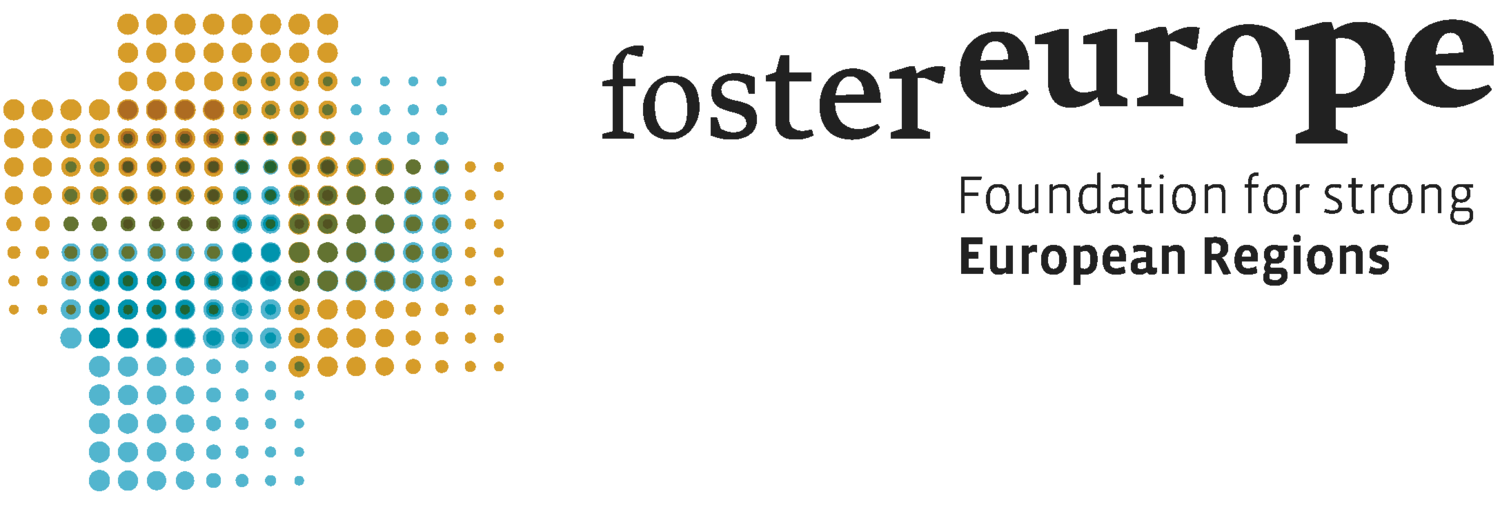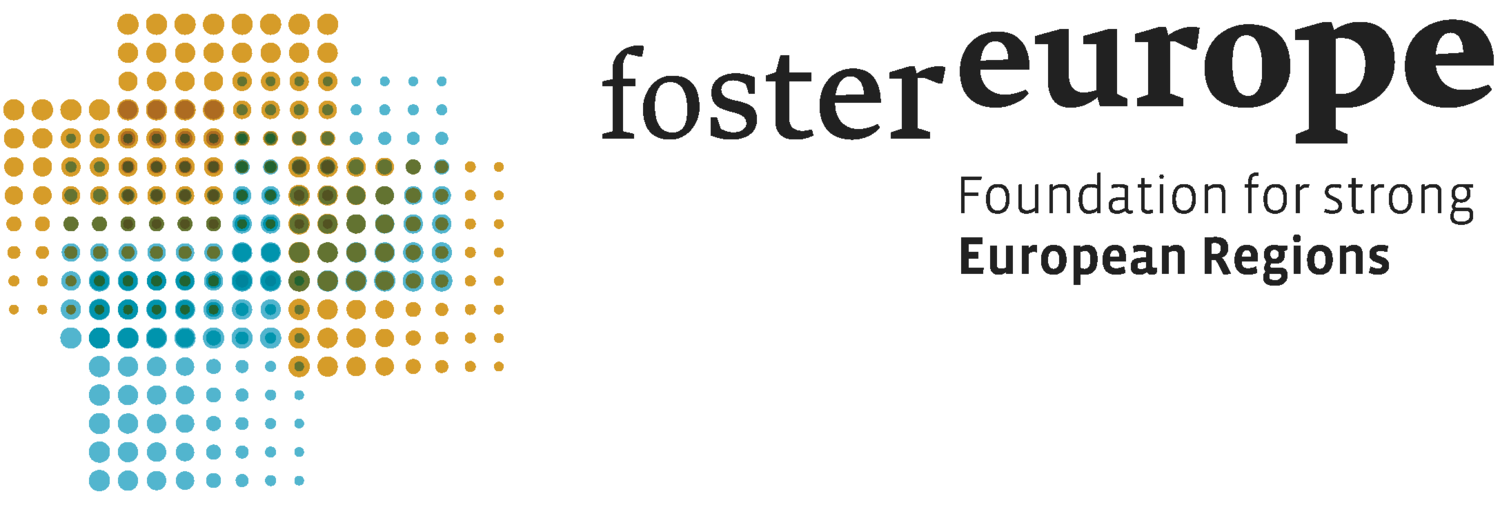The Danube Civil Society Forum in the EU Strategy for the Danube Region
Foster Europe hosted the Danube Civil Society Forum’s first General Assembly 30 June – 1 July, at the Esterházy Castle in Eisenstadt, Austria. More than 100 NGO representatives and guests from all 14 participating countries (Germany, Austria, Hungary, Czech Republic, Slovak Republic, Slovenia, Romania, Bulgaria and Croatia, Serbia, Bosnia and Herzegovina, Montenegro, Ukraine and Moldova) convened to establish the DCSF.
Danuta Hübner, MEP, addressed the DCSF General Assembly with her opening speech. The DCSF is the platform for civil society dialogue and networking in the Danube basin under the EU Strategy for the Danube Region (EUSDR). It will function as the interface for structured consultations between civil society and public and private authorities on the regional, national and EU level as well as to international and intergovernmental organisations active in the region. The DCSF is dedicated to support civil society organisations in the Danube basin. It aims to promote and enhance civil society participation and networking in the framework of the European Union Strategy for the Danube Region.
The DCSF will work in four working groups, mirroring the four pillars of the EUSDR as well as in specific thematic or regional sub-working groups. In Eisenstadt the DCSF adopted its statutes and elected its Executive Committee consisting of the chairs of the four working groups, a Treasurer, a Vice President and a President. With the unanimous adoption of the statutes the Danube Civil Society was founded. Subsequently the executive committee was elected as follows: The Executive Committee of the DCSF consists of: President: Stefan August Lütgenau, Foster Europe, Austria Vice President: Daniela Stojkovic Jovannovic, World and Danube, Serbia Treasurer: Igor Studennikov, Centre of Regional Studies, Ukraine Chair WG 1: Tiahana Stepinac Fabijanic, ECOVAST, Croatia Chair WG 2: Irene Lucius, WWF DCPO, Austria Chair WG 3: Carmen Stadelhofer, ZAWiW, Germany
Civil society participation and consultation should be mainstreamed throughout the EUSDR and its implementation, steering and revision processes. The EUSDR action plan set high standards in demanding participation of civil society on all levels of the Danube Strategy. The DCSF calls on all stakeholders in the EUSDR, especially those responsible for the implementation of the EUSDR to keep up with the high standards of the action plan demanding participation of civil society. All the 112 members (74 regular members and 38 observers, as of 1st August 2011) are active in fields covered by the EU Strategy for the Danube Region. These issues include environment, education, culture, democracy civic and human rights, tourism, youth, third age, transportation, disaster protection, energy, labour market, charitable issues, gender, minorities, vulnerable groups and many others. The Danube Civil Society Forum is open to new members. Interested NGOs and experts are invited to participate and/or cooperate in one of DCSF WGs or programs.

